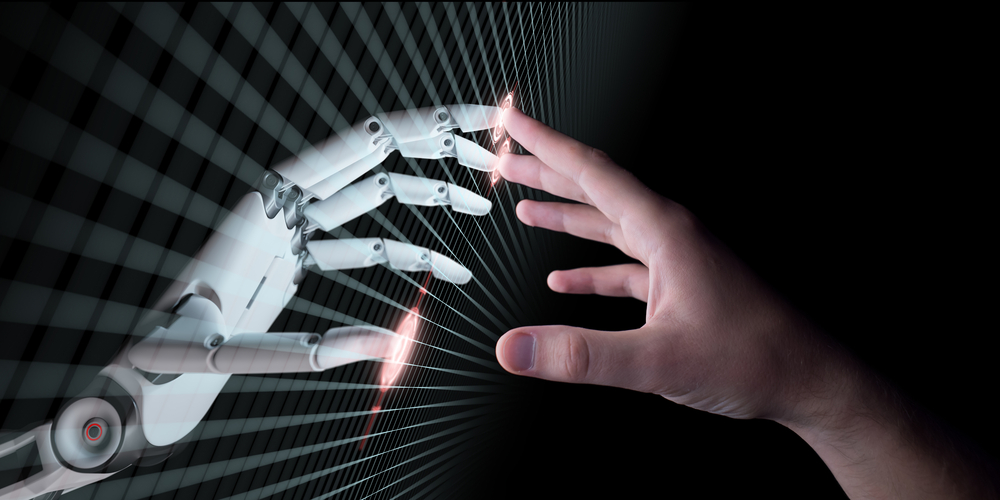MIT has launched a new project, the MIT Intelligence Quest, whose aim is to “advance the science and engineering of both human and machine intelligence.”
The goal of this project is to discover the foundations of human intelligence, and how this knowledge can be applied to the burgeoning science and technology of Artificial Intelligence.
The idea of Artificial Intelligence as “the simulation of human intelligence as processed by machines,” is an idea that has been stored in the collective consciousness of humanity since time immemorial. One needs to look no further than mythology to see how Artificial Intelligence can run the ethical gamut from sinister to benign.
Read More: The Story Of Artificial Intelligence As Told By The Ancient Mayan Popol Vuh
Thus, Artificial Intelligence, the ability to give mind to matter, is ingrained in the human psyche. The problem arises when asking: how can humans stay relevant in an automated world?
According to Andrew Coleman’s A Dictionary of Psychology (2008), emotional intelligence is defined as, “the capability of individuals to recognize their own emotions and those of others, discern between different feelings and label them appropriately, use emotional information to guide thinking and behavior, and manage and/or adjust emotions to adapt to environments or achieve one’s goal(s).” It is measured most often using the EQ-i 2.0 test, which measures trait emotional intelligence.
Currently, emotional intelligence separates us from the machines. Customer service is an example of the type of job that AI might not be able to perform as well as humans. There are three types of situations in customer service where emotional intelligence is a requirement for a successful outcome: dealing with anger and impatience, dealing with disappointment and frustration, or dealing with surprise, happiness, and gratitude.
The rise of AI makes emotional intelligence that much more important in humans. In the future, AI already fills roles that require traditional intelligence. In the future, many of these jobs could become obsolete for humans. Humankind will have to adapt its skills to stay relevant in a changing society.
In the future, for example, robots and computers could potentially replace all the tasks that a doctor performs. Machines could perform data collecting and analyses of diseases, as well as actual operations.
Among the things that a robot will not be able to replace in the near or distant future, however, is bedside manner. Skills such as persuasion, empathy, and understanding that will become highly valued over all other skills in the future. These skills are highly undertrained and undervalued in today’s world, but with the rise of AI, they will become the most prized.
What humans can offer to the world that machines cannot is the ability to relate to the people around us. Machines will have to learn how to develop their capacity to understand others as well as grow their ability for compassion and empathy in order to be on the level of humans.
This may be the only way humans can stay relevant in the workforce, as computational skills and number crunching could be completely automated down the line.
Perhaps somewhere in the future, we will develop an AI that can relate to humans emotionally. Until then, we will have to nurture and train humans to highly value emotional intelligence, where previously, it has been underestimated as a trait in the workforce.












